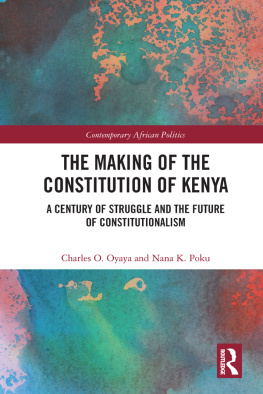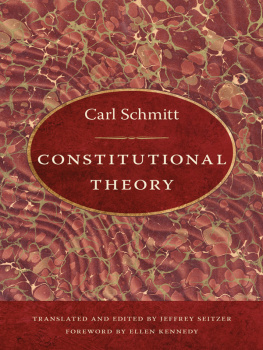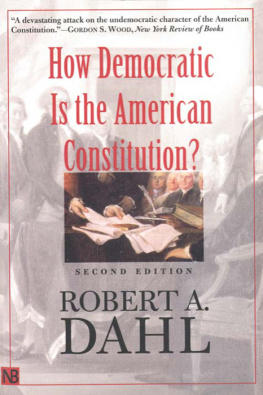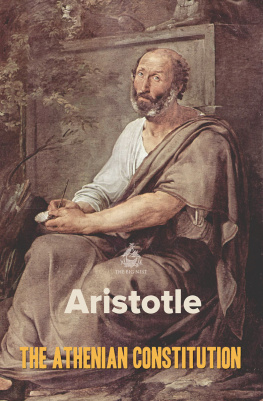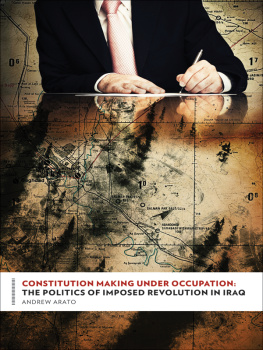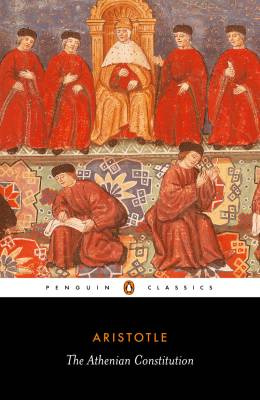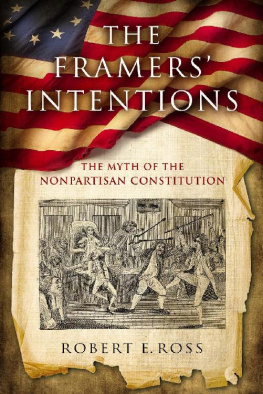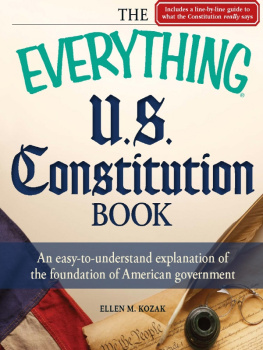Federica Carugati - Creating a Constitution: Law, Democracy, and Growth in Ancient Athens
Here you can read online Federica Carugati - Creating a Constitution: Law, Democracy, and Growth in Ancient Athens full text of the book (entire story) in english for free. Download pdf and epub, get meaning, cover and reviews about this ebook. City: Princeton, year: 2019, publisher: Princeton University Press, genre: History. Description of the work, (preface) as well as reviews are available. Best literature library LitArk.com created for fans of good reading and offers a wide selection of genres:
Romance novel
Science fiction
Adventure
Detective
Science
History
Home and family
Prose
Art
Politics
Computer
Non-fiction
Religion
Business
Children
Humor
Choose a favorite category and find really read worthwhile books. Enjoy immersion in the world of imagination, feel the emotions of the characters or learn something new for yourself, make an fascinating discovery.

- Book:Creating a Constitution: Law, Democracy, and Growth in Ancient Athens
- Author:
- Publisher:Princeton University Press
- Genre:
- Year:2019
- City:Princeton
- Rating:4 / 5
- Favourites:Add to favourites
- Your mark:
Creating a Constitution: Law, Democracy, and Growth in Ancient Athens: summary, description and annotation
We offer to read an annotation, description, summary or preface (depends on what the author of the book "Creating a Constitution: Law, Democracy, and Growth in Ancient Athens" wrote himself). If you haven't found the necessary information about the book — write in the comments, we will try to find it.
A comprehensive account of how the Athenian constitution was createdwith lessons for contemporary constitution-building
We live in an era of constitution-making. More than half of the worlds constitutions have been drafted in the past half-century. Yet, one question still eludes theorists and practitioners alike: how do stable, growth-enhancing constitutional structures emerge and endure? In Creating a Constitution, Federica Carugati argues that ancient Athens offers a unique laboratory for exploring this question. Because the city-state was reasonably well-documented, smaller than most modern nations, and simpler in its institutional makeup, the case of Athens reveals key factors of successful constitution-making that are hard to flesh out in more complex settings.
Carugati demonstrates that the institutional changes Athens undertook in the late fifth century BCE, after a period of war and internal strife, amounted to a de facto constitution. The constitution restored stability and allowed the democracy to flourish anew. The analysis of Athenss case reveals the importance of three factors for creating a successful constitution: first, a consensus on a set of shared values capable of commanding long-term support; second, a self-enforcing institutional structure that reflects those values; and, third, regulatory mechanisms for policymaking that enable tradeoffs of inclusion to foster growth without jeopardizing stability.
Uniquely combining institutional analysis, political economy, and history, Creating a Constitution is a compelling account of how political and economic goals that we normally associate with Western developed countries were once achieved through different institutional arrangements.
Federica Carugati: author's other books
Who wrote Creating a Constitution: Law, Democracy, and Growth in Ancient Athens? Find out the surname, the name of the author of the book and a list of all author's works by series.

